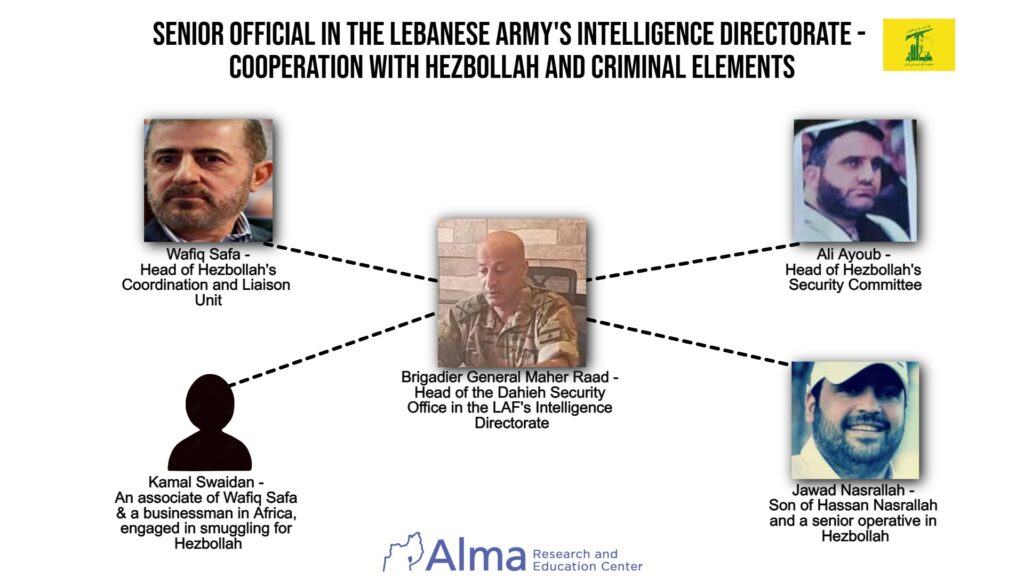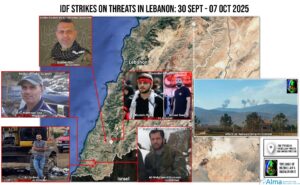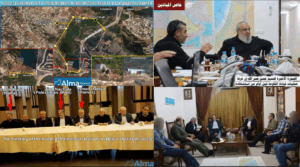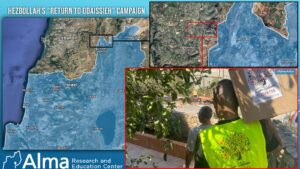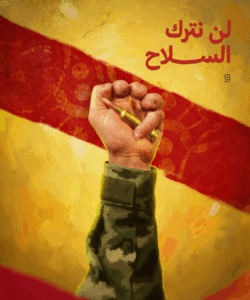On August 10, 2025, reports began to emerge regarding the dismissal of (Brigadier General) ʿAmīd Maher Raad, head of the Dahieh Security Office in the Intelligence Directorate of the Lebanese Army (مديرية المخابرات). Raad was dismissed from his position by Lebanese Army Commander Joseph Aoun, following his involvement in a network smuggling weapons and drugs operating out of Beirut in cooperation with senior Hezbollah figures, including Wafiq Safa, head of Hezbollah’s Liaison and Coordination Mechanism.
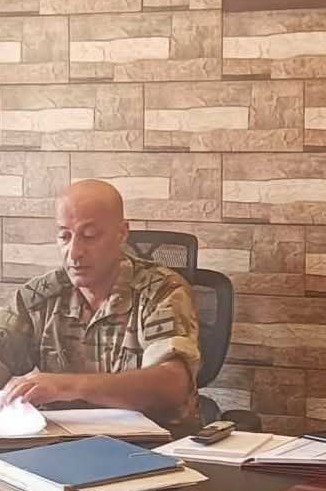
Raad, a Shiite native of the village of Jbaa in the Nabatiyeh District of southern Lebanon, has served in this role since 2017. The Intelligence Directorate—historically referred to as “The Second Bureau”—reports directly to the Army Commander and the Chief of Staff and is tasked with investigating threats to homeland security and the military establishment, as well as countering espionage and hostile terrorism.
Maher Raad is a relative of Mohammad Raad, head of Hezbollah’s “Loyalty to the Resistance” parliamentary bloc. Mohammad Raad is a very senior figure in Hezbollah’s political echelon and may even be de facto number two in the organization.
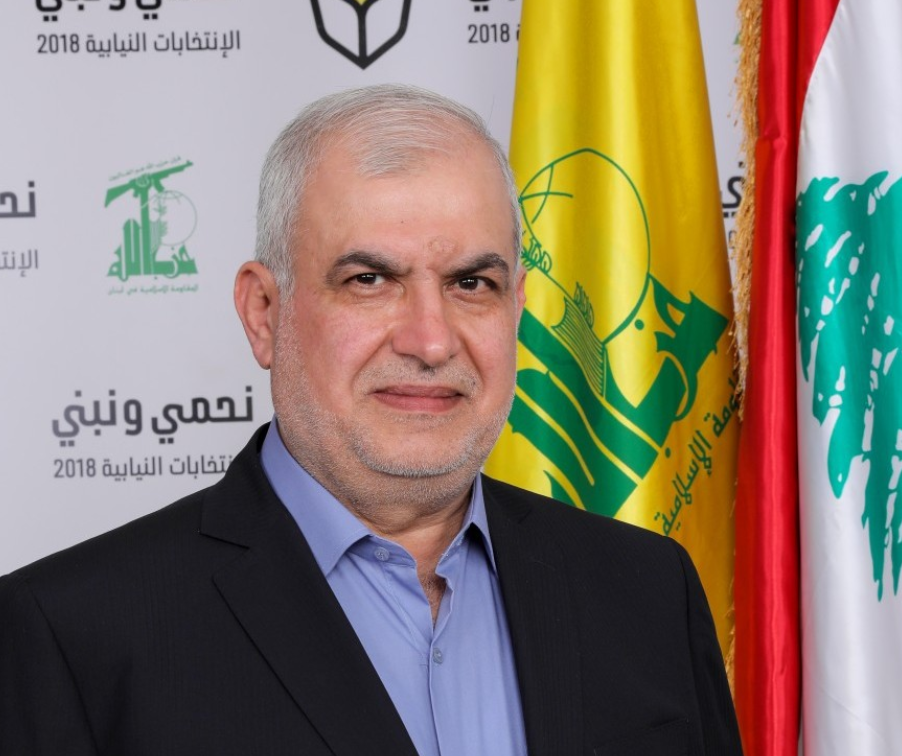
The smuggling network in which Maher Raad was involved includes senior Hezbollah members and criminal figures engaged in arms and drug trafficking, smuggling, and possibly organized robberies. It is also possible that other officers in the military intelligence directorate are involved. One of the centers of the network’s activity is in the Dahieh – a key Hezbollah stronghold in Beirut, for which Maher Raad was responsible on behalf of the Lebanese Army’s Intelligence Directorate.
As we reviewed in the special report on the Lebanese Army, published in May 2025, the sectarian/familial/ideological connection between Hezbollah operatives and officers and soldiers in the Lebanese Army increases the potential for Hezbollah to use them and rely on them for its needs.
On January 27, 2025, it was revealed that the head of military intelligence in southern Lebanon, Brigadier General (ʿAmīd) Suheil Gharb, a Shiite, disclosed information to Hezbollah. Among other things, he conveyed advance information regarding the Lebanese Army’s intentions to carry out raids and patrols that could damage Hezbollah’s activities. Gharb had access to the joint operations room of the ceasefire mechanism and was also in contact with Wafiq Safa.
In August 2017, another Shiite officer named Yahya Husseini, who served in southern Lebanon, was exposed as working for Hezbollah. In 2017, Husseini was a major (Raʾīd) serving as an intelligence officer in the Hasbaya sector in southern Lebanon. Husseini, who has since been promoted, was linked, among other things, to the August 2010 shooting incident in which the Lebanese Army fired on the IDF. As a result of the shooting, IDF soldiers were killed and injured. According to various reports, Husseini persuaded the Lebanese soldiers to open fire on the IDF force.
Maher Raad is not the first senior intelligence officer found to be cooperating with Hezbollah, but he is apparently the first to be dismissed.
All commanders, officers, and soldiers who cooperate with Hezbollah, act contrary to the policy of the Lebanese government, and adversely affect the functioning of their organization should be removed and dismissed from the army and the rest of the Lebanese security forces.
The names that have come up in connection with the current network’s activities:
- Wafiq Safa, head of Hezbollah’s Liaison and Coordination Unit. Safa is responsible for coordination and liaison with senior officials in Lebanon’s formal security and oversight bodies, including the Lebanese Army, the General Directorate of General Security (GSGD), and Customs. Safa is a central and significant figure in operating Hezbollah’s smuggling operations (weapons, drugs, and funds) and has many connections with senior officials at Beirut airport and seaports. His status greatly increased after the war as a result of the leadership vacuum that emerged in Hezbollah.
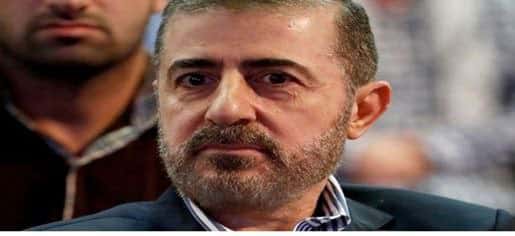
- Ali Ayoub, head of Hezbollah’s Security Committee (Hezbollah’s “independent police” – see Appendix 1) and owner of the company “Muwalladāt al-Hādī” (“al-Hādī Generators” – see Appendix 2). He is a partner in the company with Jawad Nasrallah (son of Hassan Nasrallah). The company operates private electricity services (generators) in various areas of the southern Dahieh in Beirut.
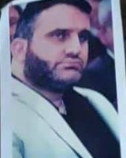
- Jawad Nasrallah (Mohammad Hassan Nasrallah) is the son of former Hezbollah leader Hassan Nasrallah, who was killed on September 27, 2024. Born in 1997, Jawad is married, has four children, and resides in the Dahieh. He is the second-born in the family, following his elder brother Hadi, who was killed by the IDF in southern Lebanon in 1997. Recognized as a senior Hezbollah operative, Jawad fought with the group in Syria. He is known for his hardline views and for disseminating religious rulings and militant messages on social media, particularly on X. In January 2016, the U.S. State Department accused him of raising funds to support Hamas activities, including maintaining ties with a Palestinian cell in Judea and Samaria. The United States designated him a “Global Terrorist” and imposed sanctions, including asset freezes and a prohibition on any contact or trade with him. He is also suspected of co-owning hotels in Lebanon under the name “VEER” with another member of the network, Kamel Sweidan.
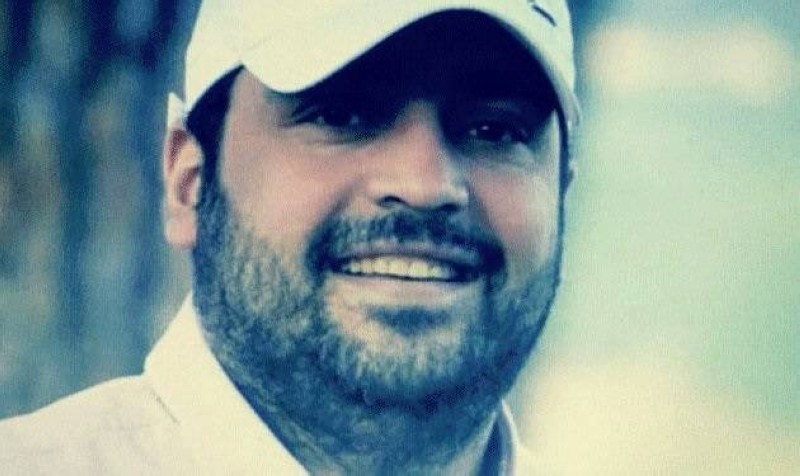
- Kamel Sweidan: A businessman active in Africa, reportedly partnering with Wafiq Safa on the continent, likely in smuggling operations.
- Figures from the Mashiq family: Regarding the name Mashiq, reference can be made to the village of Beit Mashiq, a small Shiite village in Baalbek District, part of the social and geographic sphere in which Hezbollah has deep influence. The village is mostly inhabited by members of the Mashiq family and other Shiite families associated with Hezbollah. Some residents were or are Hezbollah operatives. In recent years, it has been reported that the village served as a transit and logistical support point for Hezbollah’s activities in the Bekaa, due in part to its proximity to smuggling routes and supply lines, as well as to family and friendship ties between senior Hezbollah figures and local individuals.
In addition to those mentioned above, various reports have cited other names connected to the network’s activity. The names mentioned were Ali Nour al-Din (possibly another intelligence officer, as per the statement that other intelligence officers were involved), Jaʿma Jaʿma (possibly a nickname, involved in drug trafficking and thefts), and “Director Tony” (possibly Major General Tony Saliba, former director general of State Security – SSD. He is apparently not involved in the affair but is mentioned in the context of an approach to him to “do something”).
Appendix 1 – Hezbollah’s Security Committee
Hezbollah’s Security Committee is an unofficial security body operating alongside the Lebanese security apparatus and is part of a broad military-intelligence mechanism Hezbollah has spread in Lebanon over the years. The committee is not established by law and is not officially recognized by the state, but in practice maintains coordination with some Lebanese security and military bodies, mainly in Hezbollah’s main areas of operation such as in the Dahieh, southern Lebanon, and the Bekaa. This coordination includes information sharing and operational cooperation, constituting de facto recognition of Hezbollah’s security role outside the state’s legal framework.
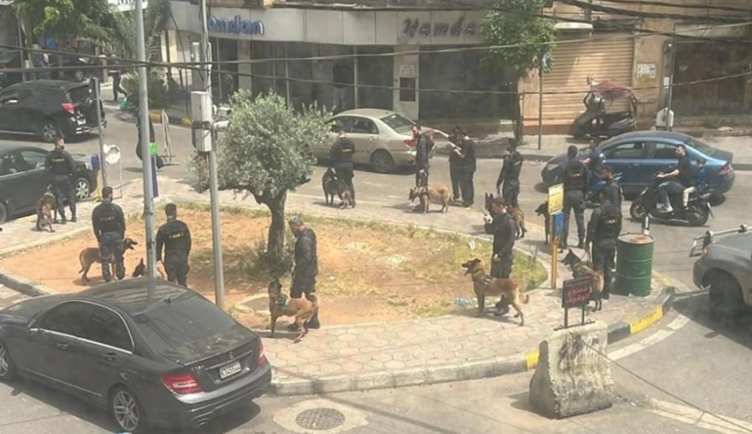
The Security Committee essentially manages public order, conducts inspections and arrests, issues travel permits, and limits the ability of official security forces to operate in areas designated by Hezbollah as “security quadrants.” Official security forces do not enter these areas except after prior coordination with Hezbollah, allowing criminal and security fugitives (Shiites, usually associated with Hezbollah) to find refuge there.
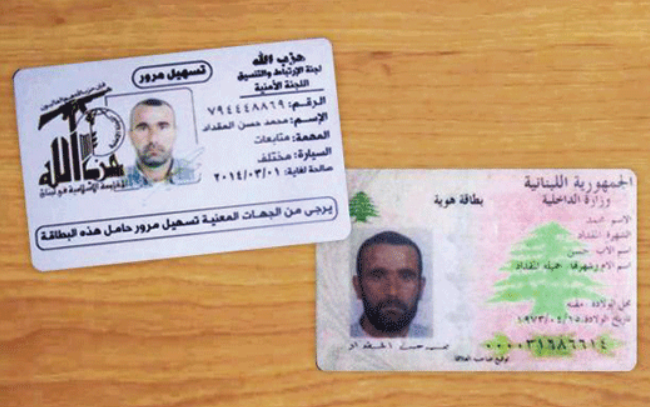
The most well-known “security quadrant” is in the Dahieh area, encompassing the neighborhoods of Haret Hreik, Bir al-Abed, and al-Ruways, the site of Nasrallah’s bunker complex, where he was eliminated on September 27, 2024. Within this “security quadrant,” Hezbollah has established and operated its own independent systems for surveillance, observation, and monitoring.
Hezbollah’s Security Committee is another clear expression of Hezbollah’s activity as a state within a state – an illegal body effectively running an entire sphere of security sovereignty.
Appendix 2 – “Muwalladāt al-Hādī” (“al-Hādī Generators”) Company
The “Muwalladāt al-Hādī” company, jointly owned by Ali Ayoub and Jawad Nasrallah (son of Hassan Nasrallah), operates private electricity services (generators) in various areas of the southern Dahieh in Beirut, including the al-Salam neighborhood.
The company supplies electricity to residents in exchange for monthly subscription fees or “insurance payments.” According to local reports, in 2020 Ali Ayoub acted in Beirut, together with the Lebanese Army, to promote a law banning the operation of private generators – a move that drew sharp public criticism due to a possible conflict of interest. At the same time, it was claimed that the company enjoys backing from Hezbollah elements, enabling it to maintain a monopoly in certain areas.
The company’s strict payment policies toward residents, including sending warnings via WhatsApp concerning power cuts, led to street protests in the Dahieh area. Residents accused the company’s management and Ali Ayoub of using political power and influence to promote economic interests (protest in the Dahieh streets).
In response to the protests, Hezbollah supporters launched a campaign in support of Ali Ayoub, during which posters with his images were hung in the streets with the caption: “The best man.”

